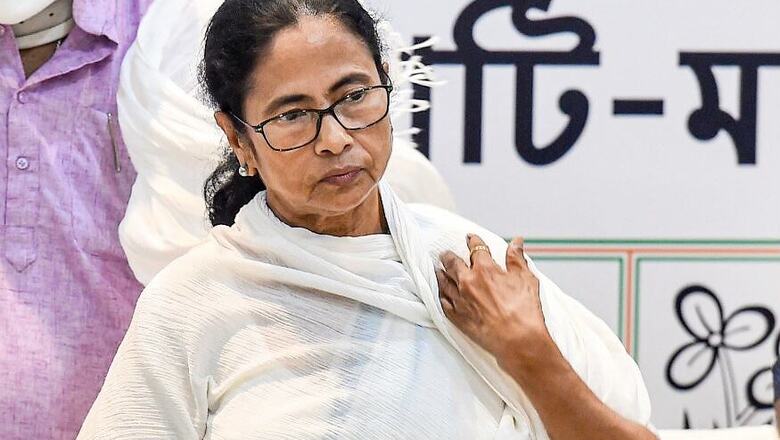
views
Kolkata: Abbas Siddiqui, one of the most prominent Muslim clerics in Bengal, has decided to contest the West Bengal assembly elections in 2021.
The decision by Siddiqui, an influential cleric of Furfura Sharif Darbar located in Jangipara in Hooghly district, could be a cause of worry for the ruling Trinamool Congress and CM Mamata Banerjee as the new entrant could into the Muslim vote share. In few public meetings, Siddiqui has even claimed to be a “fan” of AIMIM leader Asaduddin Owaisi.
“We will be contesting in at least 45 seats in Bengal. So far, we have not yet decided who we will support, but yes, our fight is against those who are trying to divide us,” a spokesperson for Abbas Siddiqui said.
With more than 31 per cent vote share, Muslims are a deciding factor in West Bengal elections, having swayed the 2011 assembly elections in Mamata Banerjee’s favour.
Banerjee is well aware that any significant division in Muslim vote share, significant in 90 of 294 Assembly seats in the state, could jeopardise her re-election prospects next year.
Besides Siddiqui, another contender for the Muslim votes could be Owaisi himself.
“Abbas Siddiqui is an influential leader among Muslims. On many occasions, he has openly supported the AIMIM. Now, if both of them (Abbas and Owaisi) contest, then our vote share will reduce significantly. It is going to be a big headache for us,” a senior TMC leader admitted while speaking to News18.
Sensing a political opportunity in Bengal, Owaisi has been working on the bordering areas of the state where the Muslim population is high since 2011.
After winning the Kishanganj seat in Bihar for the first time, Owaisi’s AIMIM paid more attention to Bengal. Though he yet to launch AIMIM officially in the state, Owaisi has already engaged local youths to spread the party’s ideology and stand among Muslims in Kolkata, North Dinajpore, Malda, Murshidabad, Jalpaiguri and Nadia districts.
Speaking to News18, AIMIM’s West Bengal head Jamirul Hassan, said, “We will contest in all the seats in Bengal in 2021. Our agenda will be the betterment of Muslims in Bengal.”
In the last Lok Sabha elections, the state witnessed a polarised two-way contest. The BJP openly played the Hindutva card, while the TMC banked on Muslims. Such was the polarisation that even Matuas (strong supporters of the TMC) voted for the BJP, which repeatedly raised the citizenship controversy during campaigning.
Given the context, Siddiqui’s candidature could actually help the BJP since Muslim votes would then get divided. While the polarisation came as a concern for TMC (as Hindu votes are shying away towards BJP), Abbas Siddqui’s and AIMIM’s plan to contest 2021 Assembly poll in Bengal, could be a boon for BJP due to inevitable division in Muslim vote share.
In 2019, the TMC got 43 per cent votes (despite losing 12 seats), which is 5 per cent more as compared to the 2014 Lok Sabha elections. In 2014, the TMC got 34 seats, while in 2019 it managed to secure only 22 seats.
On the other hand, in the 2016 Assembly elections, BJP’s vote share was 12 per cent and in 2019 Lok Sabha it went up to 39 per cent. There was an increase of 27 per cent vote share mainly because of Hindus moving towards the BJP.
In West Bengal, nearly 22 per cent Muslims live in Kolkata city, while majority of them (nearly 67 per cent) live in Murshidabad district. The second and third highest Muslim population is in North Dinajpur and Malda, respectively. In North Dinajpur and South Dinajpur, the Muslim population is 49.92 per cent and 25 per cent, respectively.
West Bengal accounts for the second highest Muslim population in India, nearly 2.47 crore, who form nearly 27.5 per cent of the state’s population.




















Comments
0 comment